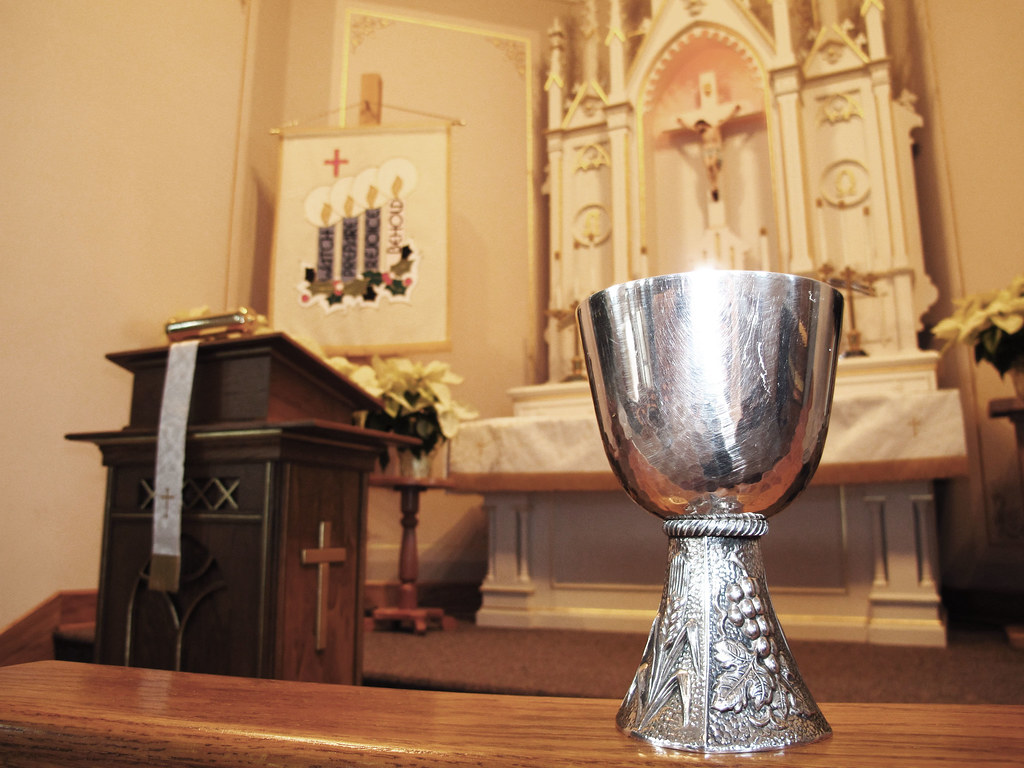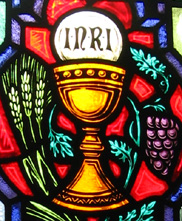God’s presence filled the temple in Jerusalem. The Lord entered the temple when the
priests brought the ark of the LORD’s covenant to its place, into the inner sanctuary of the temple, to the most holy place, beneath the wings of the cherubim… The temple, the LORD’s temple, was filled with a cloud. And because of the cloud, the priests were not able to continue ministering, for the glory of the LORD filled God’s temple.
— 2 Chronicles 5:13-14, HCSB.
The curtain of the temple separated the ark of the Lord’s covenant from the people. Only the high priest entered that most holy place, and only on the day of atonement.
But the high priest alone enters the second room, and he does that only once a year, and never without blood, which he offers for himself and for the sins of the people committed in ignorance.
— Hebrews 9:7, HCSB.
On Good Friday, God ripped that temple curtain in two.
Jesus shouted again with a loud voice and gave up His spirit. Suddenly, the curtain of the sanctuary, was split in two from top to bottom…
— Matthew 27:50-51, HCSB.
God removed the barrier. God removed the barrier of sin between us with blood.
And as they were eating, he took bread, and after blessing it broke it and gave it to them, and said, “Take; this is my body.” And he took a cup, and when he had given thanks he gave it to them, and they all drank of it. And he said to them, “This is my blood of the covenant, which is poured out for many.
— Mark 14:22-24, ESV.
Our bodies are the new temple of God. He gives us his spirit. (1 Corinthians 6:19-20). He also gives us his very body and blood. This is his real presence. The “body and blood of Christ are truly present and distributed to those who eat the Lord’s Supper.” (AC, article X). (1 Corinthians 10:16).
It is important to recognize the real presence of God. Those who do not recognize the holy presence suffer judgement. The “Lord, whose name is Jealous, is a jealous God.” (Exodus 34:14, ESV).
Whoever, therefore, eats the bread or drinks the cup of the Lord in an unworthy manner will be guilty concerning the body and blood of the Lord. Let a person examine himself, then, and so eat of the bread and drink of the cup. For anyone who eats and drinks without discerning the body eats and drinks judgment on himself. That is why many of you are weak and ill, and some have died. But if we judged ourselves truly, we would not be judged. But when we are judged by the Lord, we are disciplined so that we may not be condemned along with the world.
— 1 Corinthians 11:27-32, ESV.
The Lord is merciful.
Kyrie eleison.


 Without warning,
Without warning, 









You must be logged in to post a comment.